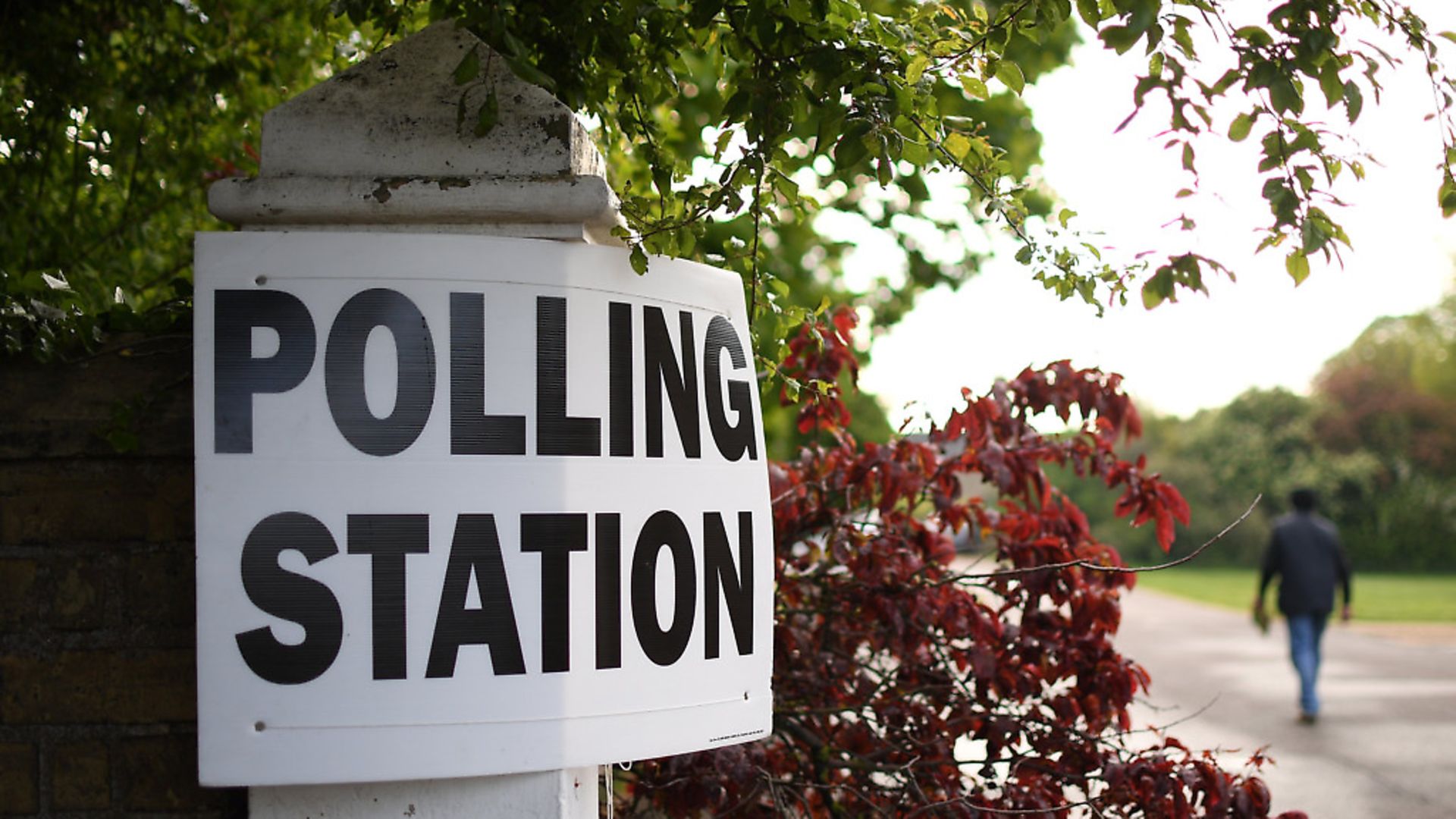
EU citizens have reported that they are being turned away from polling stations as they attempt to vote in the European Elections.
They say that the correct forms have not been received in time meaning they could not vote.
This has caused many to turn to social media to vent their frustration with the hashtag #DeniedMyVote trending on Twitter.
Immigration and human rights barrister, Agata Patyna, posted that she had been turned away when she tried to vote at her polling station.
She tweeted: “Turned away from polling station this morning. Told I should vote in my EU member state. Called local council yesterday, they confirmed I could vote. Called again today. Apparently council had no time to send out forms to all EU residents. Nothing they can do now.
https://twitter.com/the3million/status/1131530441532596224
“To clarify, I registered before the deadline. Have been here since 2005. Voted many times before. This is ‘my’ EU member state.”
Antonio Portas, a science lecturer at the Northumbria University, was also turned away
He said: “I was denied the right to vote in the UK even though I registered on time.
“Apparently there is a hidden 2nd form for EU residents in the UK. Information on official website is practically non existent.”
Actor Alex Andreou explained: “When I tried to vote, I found my name was crossed off the list as ineligible, even though I was registered and had sent the correct declaration in both by mail and email. When I queried this, the official present called the electoral office and I spoke to someone.
“I forwarded the email with my form. He had to trudge through emails they received that day, to find they had received it and clear it with a supervisor, in order to reinstate me. The process took over an hour.
“Most people would have given up. While I was on the phone, a dozen voters were turned away for the same reason and did not question it. It shouldn’t have to be this difficult. It shouldn’t take hours and a combination of helpful people.
“Every election millions of Brits abroad and EU27 citizens here, who want to vote, who want to engage, are disenfranchised by this Kafkaesque system, while we lionise the once-in-a-lifetime vote of some people in 2016. And those politicians who spend all day telling us ‘we must respect democracy’ could not be less interested, because our disenfranchisement suits them just fine.”
SNP MP for Edinburgh South West, Joanna Cherry, said: “There’s something very rotten at the heart of British politics when EU citizens resident here are being denied their right to vote.”
And Labour MP for Tottenham, David Lammy, said: “Three years of being insulted, exploited and asked to apply to stay in their own homes.
“Now reports flooding in that EU citizens are being turned away at polling stations, despite being registered to vote.
“The two step process is ugly discrimination.”
Best for Britain Interim CEO Naomi Smith said: “We stand with the many disenfranchised European citizens who have not been able to vote today and who will be among the most affected by the outcome of these elections.
“It’s now the duty of the cabinet office to make sure this democratic catastrophe never happens again, and importantly to ensure that EU nationals are not denied their chance to make their voice heard in a final say.”
An Electoral Commission blamed the “very short notice from the government” for the UK’s participation in the elections.
A spokesperson said: “We understand the frustration of some citizens of other EU member states, resident in the UK, who have been finding they are unable to vote today when they wish to do so.
“All eligible EU citizens have the right to vote in the EU elections in their home Member State. If an EU citizen instead chooses to vote in the EU election in the UK, there is a process for them to complete to essentially transfer their right to vote, from their home member state to the UK. This is a requirement of EU law, which specifies that this has to be done “sufficiently in advance of polling day”. UK law sets this as 12 working days in advance of the poll.
“This legal process could be made easier for citizens, and the Commission made the case for doing so following the last EU elections in 2014. However, improvements to the process are reliant on changes to electoral law, which can only be taken forward by government and parliament.
“The very short notice from the government of the UK’s participation in these elections impacted on the time available for awareness of this process amongst citizens, and for citizens to complete the process. EU citizens’ right to vote in the election in their home Member State remains unaffected by the change in the UK’s participation; in order to do so, they would need to be registered in that country in accordance with that country’s process and timetable.”
Warning: Illegal string offset 'link_id' in /mnt/storage/stage/www/wp-includes/bookmark.php on line 357
Notice: Trying to get property 'link_id' of non-object in /mnt/storage/stage/www/wp-includes/bookmark.php on line 37






